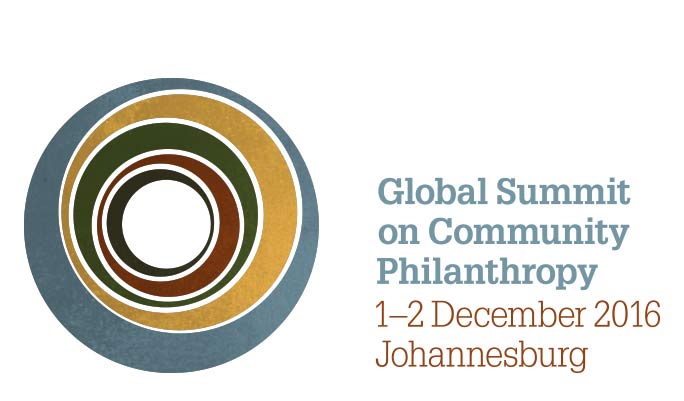Open Session
Perhaps a topic pops up at the Summit that you'd like to explore further with other participants. Or you find a group of like-minded thinkers and want to dig deeper with them. Or, perhaps you'd like to spend some time with other Summit participants from your country or region, those who work on a similar topic, etc. To ensure participants are making the most out of their Summit experience, on the second afternoon one hour (14.30 - 15.30) has specifically been carved out for groups to self-organize around topics of interest.
Open Sessions can be proposed in advance of the Summit, or may crop up on the days of! Practicalities around the Open Session (ie. room allocation, session choices, etc.) will be announced on 2 December at the Summit. To already propose an Open Session, please contact Wendy Richardson at the GFCF (wendy@globalfundcf.org). Open Sessions which have already been confirmed include:
1. Social justice: key to lasting peace
Foundations for Peace is a network of ten local foundations rooted in their country’s contexts supporting community activists at the local level. They believe that true peace can only be found through social justice. This session will explore models that work to ensure indigenous communities are supported to serve their communities and build a strong civil society within a local/solidarity economy.
2. Chair in African Philanthropy
The Chair in African Philanthropy is a first for Africa. But what will it look like? What would you like to see? Take the opportunity to learn about what is envisaged and give your ideas to ensure that the initiative benefits from your insights and experience.
3. An untapped resource? The extractives industry and community self-management of assets
Community philanthropy can be a powerful tool for supporting self-determination, democratic decision-making, and better results from development projects. But how can the model serve communities grappling with resource extraction in their territories? Are there opportunities to create more equitable and effective arrangements that support community well-being and meet government and business objectives as well? What are the implications for community management of assets in other sectors, such as eco-tourism, forestry management, and renewable energy? Join this open discussion with people from all sides of the issue to share experiences and ideas for new collaborative paradigms.
4. What does it take to advance a structural inclusion lens in grant making and other community philanthropy practices globally?
What would we measure to determine progress? What are the challenges faced and resources needed to build the will and the skill to utilize an intersectional, structural racialization lens in various regions? Join a focus group discussion facilitated by the Philanthropic Initiative for Racial Equity (PRE) to help surface questions, lessons in various spaces as PRE, Foundation Center, Race Forward and other partners seek to update a core tool and scan for the field on how to effectively advance grantmaking with a racial justice lens. Recognizing the dynamics of racialization play out both differently, but also quite similarly around the world - we are seeking to understand how best to "translate" the guide and scan to be useful for our global partners.
5. Local resources for local needs: common challenges and trends in Latin America
Community foundations, community funds and other local grassroots grantmakers play a unique role in Latin America and the Caribbean. They build community capacity, trust and deploy financial capital to strengthen the region, one local community at a time. What are common challenges these organizations face in raising and giving funds locally? What are community philanthropy trends for the LAC region? Join this conversation, and learn from organizations from Brazil, Uruguay, Mexico, Costa Rica and Puerto Rico, and from the Ibero-American Network of Community Foundations, a network that works for the development of Ibero-American communities by strengthening community foundations in the region.
6. Integrating local philanthropy - making the transformation work
How have organizations in the global south been approaching the transformation from a traditional donor driven set-up to one that is driven by a local agenda? In concrete terms, a transformation may combine various strategies, such as working with donor funds and/or operating social enterprises, in an effort to build local philanthropy into the programme. Are there experiences to learn from? Are there any pitfalls to avoid and any challenges one should anticipate as part of the transformation?







